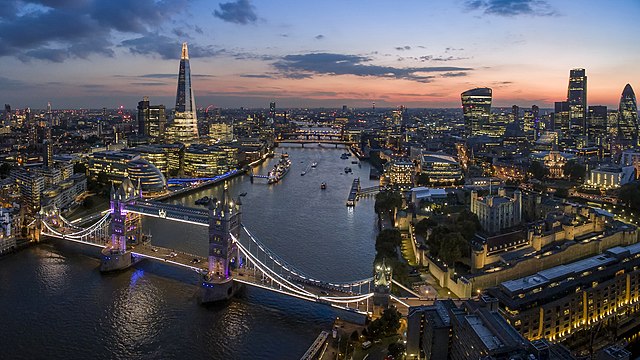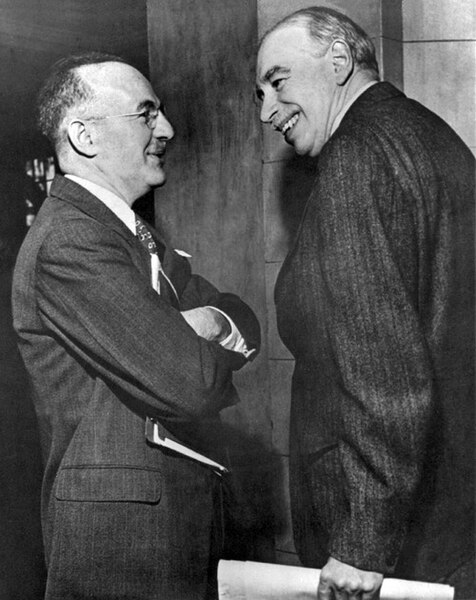A financial centre or financial hub is a location with a significant concentration of participants in banking, asset management, insurance, and financial markets, with venues and supporting services for these activities to take place. Participants can include financial intermediaries, institutional investors, and issuers. Trading activity can take place on venues such as exchanges and involve clearing houses, although many transactions take place over-the-counter (OTC), directly between participants. Financial centres usually host companies that offer a wide range of financial services, for example relating to mergers and acquisitions, public offerings, or corporate actions; or which participate in other areas of finance, such as private equity, hedge funds, and reinsurance. Ancillary financial services include rating agencies, as well as provision of related professional services, particularly legal advice and accounting services.

New York City's Financial District in Lower Manhattan, including Wall Street, the largest International Financial Centre (IFC) and fintech centre in the world
International Finance Centre (Hong Kong)
London is one of the main global financial centres in Europe.
Frankfurt's banking district, home to various global and European bank headquarters. The district houses the main German stock exchange and many EU and German regulators.
The global financial system is the worldwide framework of legal agreements, institutions, and both formal and informal economic action that together facilitate international flows of financial capital for purposes of investment and trade financing. Since emerging in the late 19th century during the first modern wave of economic globalization, its evolution is marked by the establishment of central banks, multilateral treaties, and intergovernmental organizations aimed at improving the transparency, regulation, and effectiveness of international markets. In the late 1800s, world migration and communication technology facilitated unprecedented growth in international trade and investment. At the onset of World War I, trade contracted as foreign exchange markets became paralyzed by money market illiquidity. Countries sought to defend against external shocks with protectionist policies and trade virtually halted by 1933, worsening the effects of the global Great Depression until a series of reciprocal trade agreements slowly reduced tariffs worldwide. Efforts to revamp the international monetary system after World War II improved exchange rate stability, fostering record growth in global finance.

The SS Great Eastern, a steamship which laid the transatlantic cable beneath the ocean
German infantry crossing a battlefield in France in August 1914
British soldiers resting before the Battle of Mons with German troops along the French border in August 1914
Assistant U.S. Treasury Secretary, Harry Dexter White (left) and John Maynard Keynes, honorary adviser to the U.K. Treasury at the inaugural meeting of the International Monetary Fund's Board of Governors in Savannah, Georgia, U.S., March 8, 1946.








